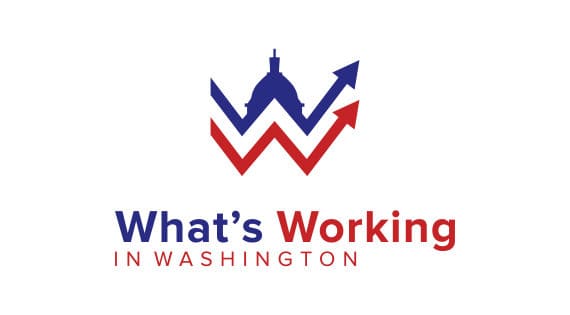
Ask an Expert: How To Deal With Senior Debt
The NFCC often receives readers questions asking us what they should do in their money situation. We pick some to share that others could be asking themselves and hope to help many in sharing these answers. If you have a question, please submit it on our Ask an Expert page here.
This week’s question: My mom, age 87, has approximately $8K in credit card debt. Her only source of income is social security. What are her chances of getting a negotiated reduced repayment with the two credit card companies?
Dealing with credit card debt can be challenging for any consumer, but it’s even more confounding for senior citizens who live on a fixed income. Your mother is not alone in this situation, and she is lucky to have you looking out for her. Because seniors are increasingly becoming more financially vulnerable, creditors will likely be willing to work with you rather than risking not getting paid at all. Ultimately, the success of your negotiations will depend on multiple factors, such as the relationship your mother has with her creditors, their policies, and even how helpful the customer service representative you work with is.
Negotiating
When your mother is working out her account details with her creditors, the outcome of those interactions can be a game-changer. The first step should involve a thorough review of your mother’s overall financial situation and her repayment ability. She can have a much clearer idea of her negotiating position if she creates a budget and factors in all of her income and expenses, including the credit card payments. Once that step is complete, the conversations can take place with her creditors where details can be shared to help them better understand your mother’s situation. Once they are clear on where things stand, your mother can request that they adjust her account by reducing her interest rates and monthly payments. It also helps to ask about any hardship programs the creditors offer to determine if your mother qualifies. Assertiveness helps in these negotiations, but your mother must avoid accepting any agreement that is difficult for her to honor. If they present an offer that meets her goals, they should be asked to send the offer in writing.
Explore all the Options
Another option for your mother is to work with an NFCC Financial Counselor to explore all repayment strategies available to her. Working with a financial counselor can help determine if a Debt Management Plan (DMP) is the right strategy for her, address other financial issues beyond credit card debt, and connect her to additional resources. They can also offer appropriate guidance for negotiating with creditors.
In addition to a DMP and negotiating with the creditors, her counselor can help explore the pros and cons of debt settlement. Usually, debt settlement is a last resort move to pay off the outstanding debt by paying the creditor a lump sum and having the remainder of the debt forgiven. It can be a useful strategy to pay off debt quickly, but it may have tax consequences and a more negative effect on your mother’s credit than any other options mentioned before.
Understanding all available options will help your mother determine which strategy is best for her circumstances. Creditors will likely want to work with her, but it’s not guaranteed. So, it helps to be ready for all possibilities. It may take more than one phone call, but persistence can lead to success. And if it looks like extra help is needed, a financial counselor can always provide additional guidance for negotiating or exploring additional strategies.
The post Ask an Expert: How To Deal With Senior Debt appeared first on NFCC.
Read more: nfcc.org










